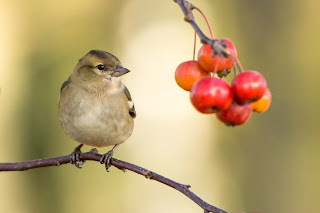its destination.
Tracks end here.
Remains of many journeys
rattle under the seats;
are being swept away.
Mains switched off now.
surely the morrow brings possibilities,
of new journeys?
"The noun of self becomes a verb. This flashpoint of creation in the present moment is where work and play merge." - Stephen Nachmanovitch
its destination.
Ordinary
Lives, Extraordinary Living –
Also a review of
the book, This Too Shall Pass, by Elango Thambiah.
A story is
alive, throbbing, when it is straight from the heart and can reach
deep into the hearts of its listeners and pluck strings there. This is such a story. In first person, from the real-life incidents that took place in the
life of its protagonists, it is narrated in such a simple manner, that reading it felt like
drinking a large mug of hot chocolate as a young something, snuggled into the
warmth of a grandmother’s love listening to her wisdom stories.
It tells
the profound story of a family living through the trauma and subsequent
recovery of one of its members suffering from brain hemorrhage, and how they
find their way back to the land of the living.
I read the book last week over 4 evenings
and nights, of days filled with intense, meditative study of Vibhuti Pada, chapter
3 of the yoga sutra, with a group of co-sadhakas that also included the
author-protagonists of the book!
And because
of this concurrence of the yoga study and life story perhaps, this book seems
forever intertwined with the learning and insights from the Vibhuti Pada of the
yoga sutra:
How it is
possible to connect with the ecstatic joy and beauty of simply being Alive.
How just by
the virtue of being this ordinary human being, he and she have the potential
and possibilities of channelizing and straddling an extraordinary state of
being, the extraordariness of Life, with an ordinary self simply by
surrendering to that life. To the very act of being fully alive to this present
moment.
 |
| Pic by Vincent on Unsplash |
This Too
Shall Pass is about
that which is unchanging that rests in all the dance and drama of change. And
brought home to me in a primal way, that Change also means new, fresh prANA, new forms of love,
new explorations, possibilities and ways of being. How fun.
It is then
possible to live life with this changing, ordinary moment, every moment, being held
in the lap of the extraordinary permanence within it. And as Thomas Merton
says, live and celebrate the “present festival”. Like a new, tender shoot.
Do consider buying the book, much of the proceeds from its sale will go to The GangaFoundation, an organisation for enhancing the quality of life of persons with Spinal cord injury in India, co-founded by the author, Elango Thambiah, . ,